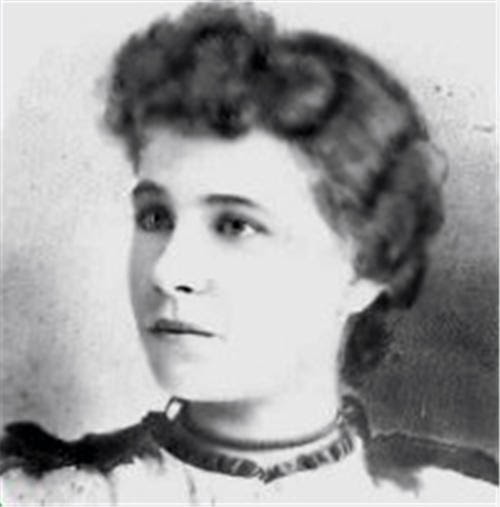Last week I read a post from a fellow blogger. She talked about how much she hates being referred to as "sweet" A friend had offered her a compliment saying "Oh that was sweet of you" and another friend had said she was forgiving. This woman was not flattered.
All of this made me wince. As a child I remember being called "Sweet Suzanne" I hated that title. When I left for college I was determined to be bold, to be seen as intelligent, to be a little sassy.
I set out to change my image and I succeeded. Now, on the other side of mid-life, having raised a family with two sons and three daughters, I have a very different perspective.
I truly value the peacemaker, the person who never speaks thoughtlessly, one who is full of kindness.
I don't think sweet means boring, or a loss of identity. It means we come at people, circumstances and problems in a gentle way... the calming force in a sea of drama. All these years later I approach each day with three goals... to be kind, to be patient and above all to censor what comes out of my mouth.
It is a journey I continue to travel. It feels so good to leave work at the end of the day without regret. Life's a circle... I would love to be called "Sweet Suzanne" again.
I love this quote by T.S. Elliot...
"... and the end of all our exploring will be to arrive where we started and know the place for the first time."


























